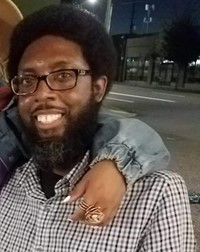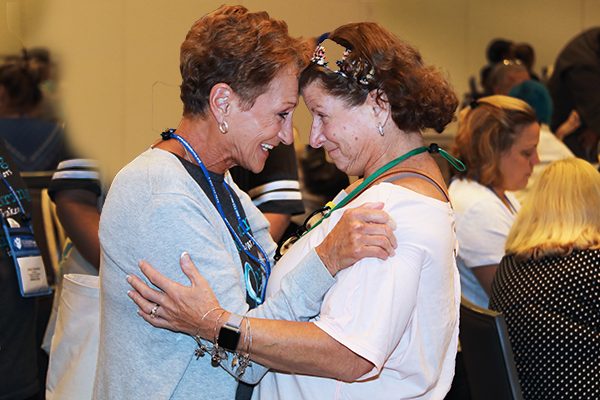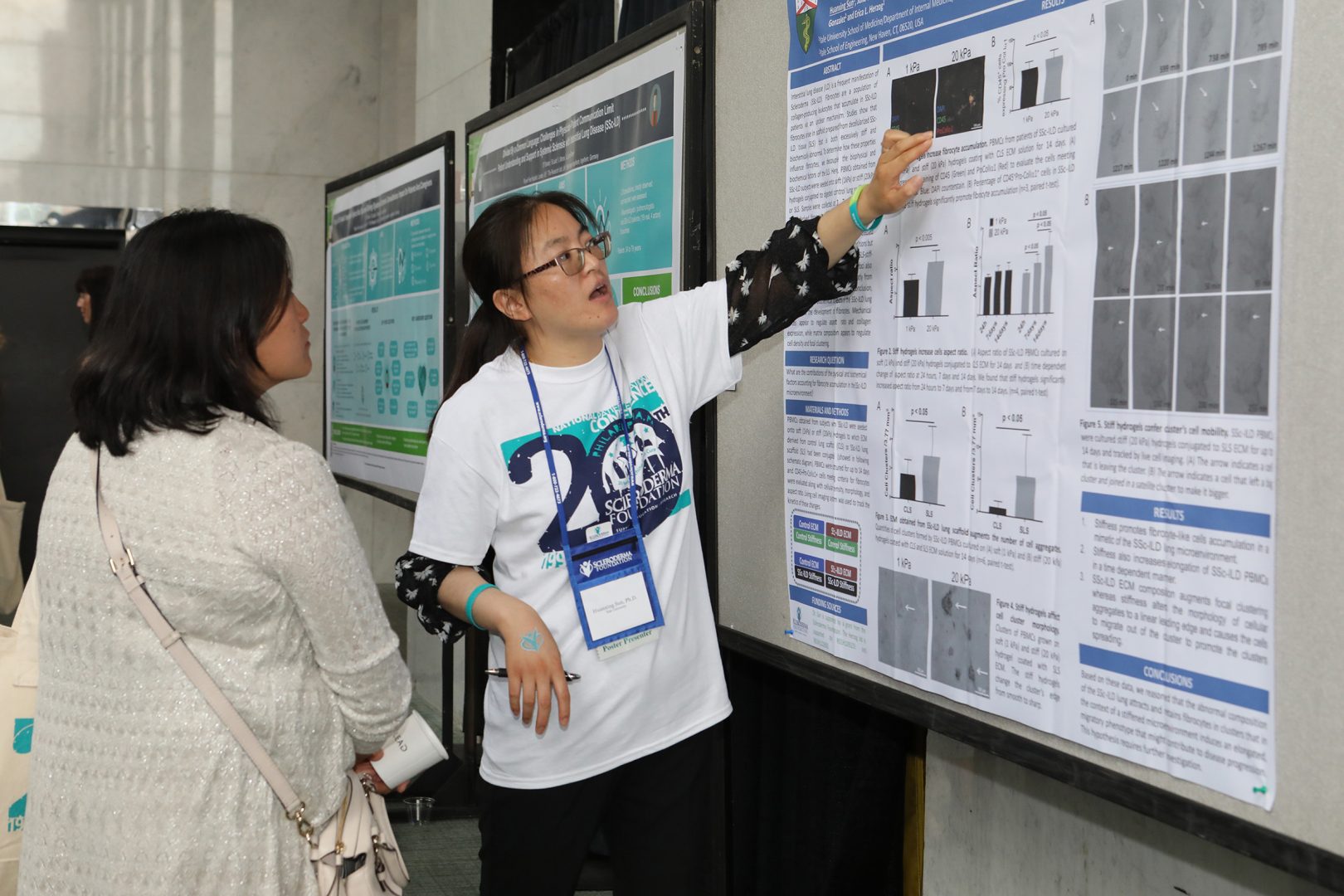
“The National Scleroderma Foundation is a great resource whether it’s online or actually providing people to connect with. The staff is personable—I could talk forever with them about scleroderma but about anything else, too, and can help you navigate your diagnosis.”
At 6’6”, Erion Moore was a star basketball player during college. His senior year, though, he noticed that he wasn’t playing normally.
“When you’re an athlete,” Erion said, “You notice when you can’t do something. My shoulders were tight and moves I could normally do for 5-10 minutes I could then barely endure for 5 minutes.”
After a few doctor visits he encountered a doctor who had heard of a condition called “scleroderma,” just a couple of weeks before. Sure enough, after running some tests with a rheumatologist, he, indeed, was diagnosed with the disease.
“When the doctor gave me his home phone number, I knew this was real and that this was serious.”
A month after his diagnosis, Erion contacted the National Scleroderma Foundation and connected with the Director of Programs and Services. That year, he was awarded a scholarship to attend the National Scleroderma Conference in Boston, and, over time, Erion’s relationship with the Foundation grew stronger. He communicated more often with the staff and started to use his story to become an advocate and help others with the disease. Currently, Erion is a support group leader for the BIPOC (Black, Indigenous, and People of Color) support group and the men’s support group. He even underwent the Foundation’s Scleroderma Support Group Leader EDucation Program (SPIN-SSLED), to ensure he equipped himself with the skills and knowledge necessary to make everyone feel included in the meetings.
“I understand that people may feel more comfortable in support groups where they see someone more like them who are more likely to share their perspective…We’re a pretty tight-knit group. These bonds stay together forever.”
On the physical side, Erion credits a hematopoietic stem cell transplant for improving his mobility the past few years and encourages others to keep moving and stay active. He is also a firm believer in the power of laughter as medicine and considers it an honor to help others with the disease.
“I want others to know this: If you want to reach out and have questions or need advice or want to know anything about scleroderma, I’m here. I can be here as a supporter and help you navigate. I feel every aspect of your trouble…except pregnancy!”


